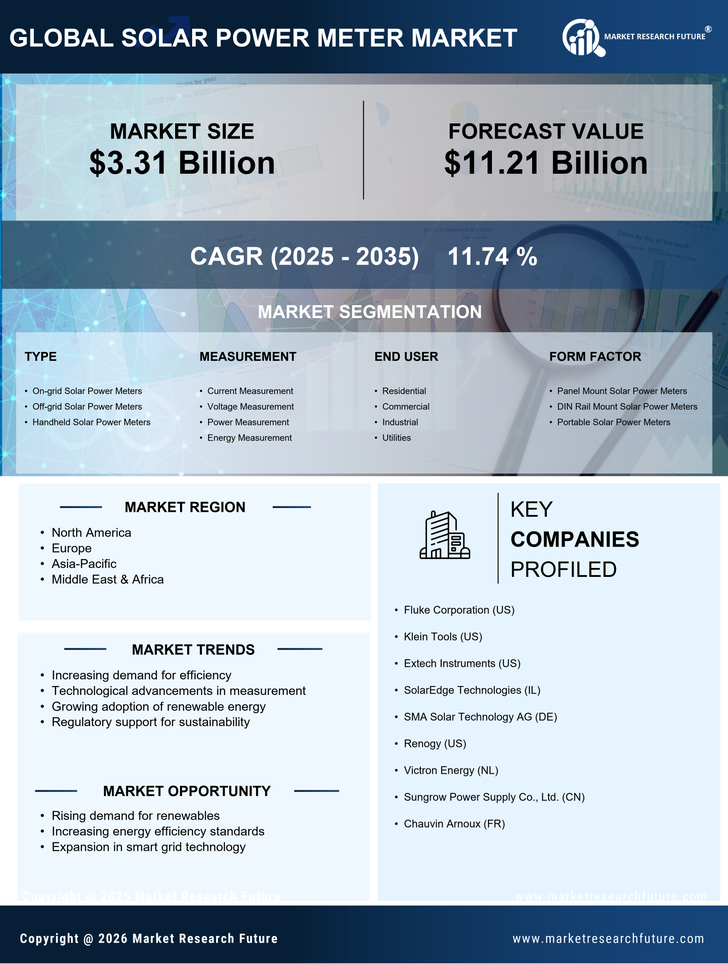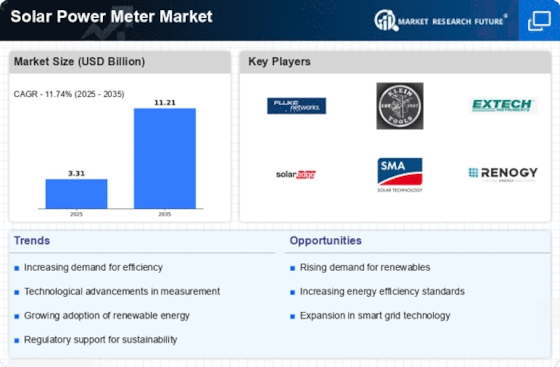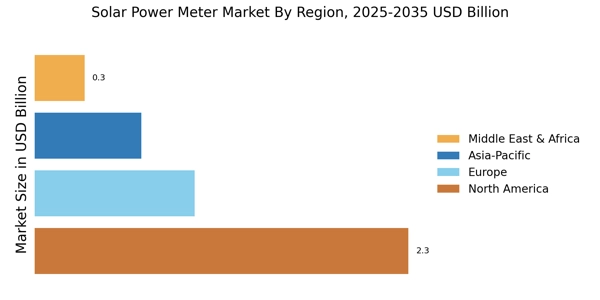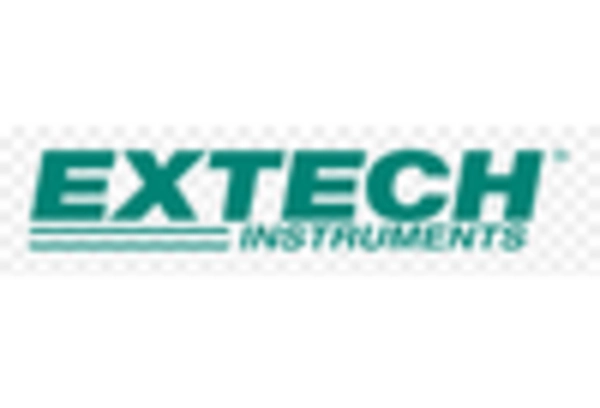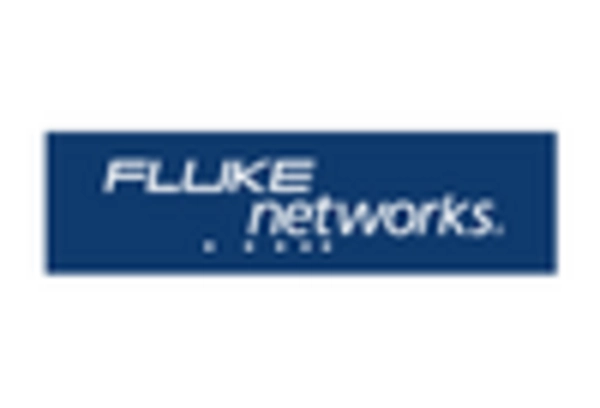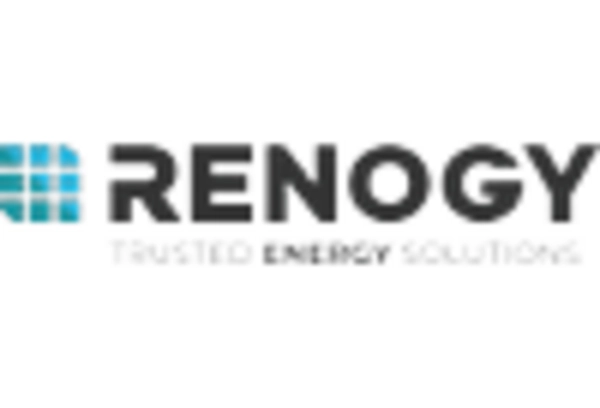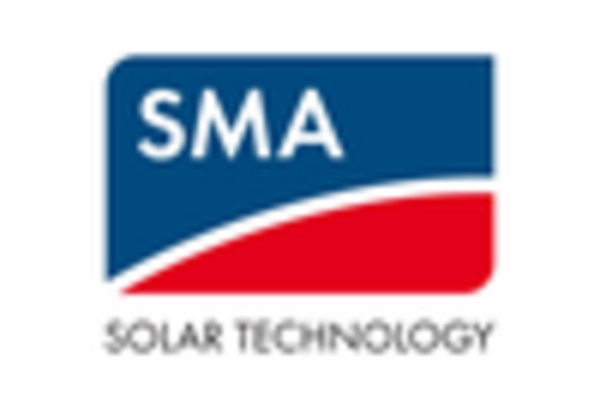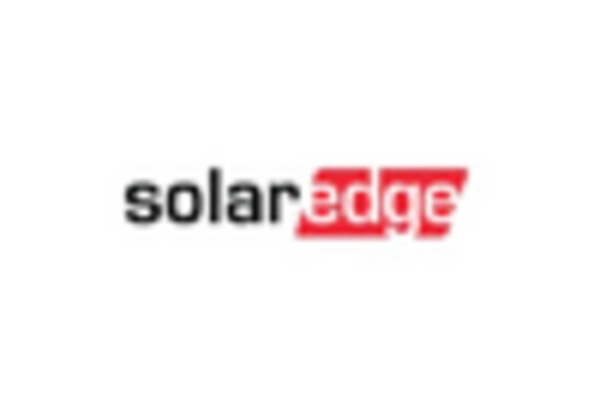Government Incentives and Policies
Government incentives and supportive policies play a crucial role in propelling the Solar Power Meter Market. Many countries have implemented tax credits, rebates, and grants to encourage solar energy adoption. For instance, the introduction of feed-in tariffs and net metering policies has incentivized homeowners and businesses to invest in solar systems. These initiatives not only lower the initial investment costs but also enhance the financial viability of solar projects. As a result, the Solar Power Meter Market is expected to benefit from increased installations, as accurate measurement tools become essential for optimizing energy production and ensuring compliance with regulatory standards.
Growing Awareness of Energy Efficiency
The increasing awareness of energy efficiency among consumers and businesses is driving the Solar Power Meter Market. As energy costs rise and environmental concerns become more pronounced, stakeholders are seeking ways to optimize energy usage. Solar power meters provide valuable insights into energy production and consumption patterns, enabling users to make informed decisions. This trend is particularly evident in commercial sectors, where energy efficiency measures can lead to substantial cost savings. Consequently, the demand for solar power meters is expected to rise as organizations prioritize energy management strategies, further propelling the Solar Power Meter Market.
Increasing Demand for Renewable Energy
The rising demand for renewable energy sources is a primary driver for the Solar Power Meter Market. As nations strive to reduce carbon emissions and combat climate change, the transition towards solar energy has gained momentum. According to recent data, solar energy capacity has seen a substantial increase, with installations reaching over 1,000 gigawatts in various regions. This shift not only reflects a growing awareness of environmental issues but also indicates a shift in consumer preferences towards sustainable energy solutions. Consequently, the Solar Power Meter Market is likely to experience heightened demand as more solar installations require accurate measurement and monitoring of energy production.
Expansion of Solar Energy Infrastructure
The expansion of solar energy infrastructure is a significant driver for the Solar Power Meter Market. As more countries invest in solar farms and residential solar installations, the need for effective monitoring solutions becomes paramount. Recent statistics indicate that solar installations are projected to grow by over 20% annually in several regions. This growth necessitates the deployment of solar power meters to ensure optimal performance and energy output. The Solar Power Meter Market is poised to benefit from this infrastructure expansion, as accurate measurement tools become essential for maximizing the efficiency and reliability of solar energy systems.
Technological Innovations in Metering Solutions
Technological advancements in metering solutions are significantly influencing the Solar Power Meter Market. Innovations such as smart meters and advanced data analytics are enhancing the efficiency and accuracy of solar energy monitoring. These technologies enable real-time data collection and analysis, allowing users to optimize energy consumption and production. Furthermore, the integration of Internet of Things (IoT) capabilities into solar power meters is facilitating remote monitoring and management. As these technologies continue to evolve, the Solar Power Meter Market is likely to witness increased adoption, driven by the need for precise energy management and improved operational efficiency.
